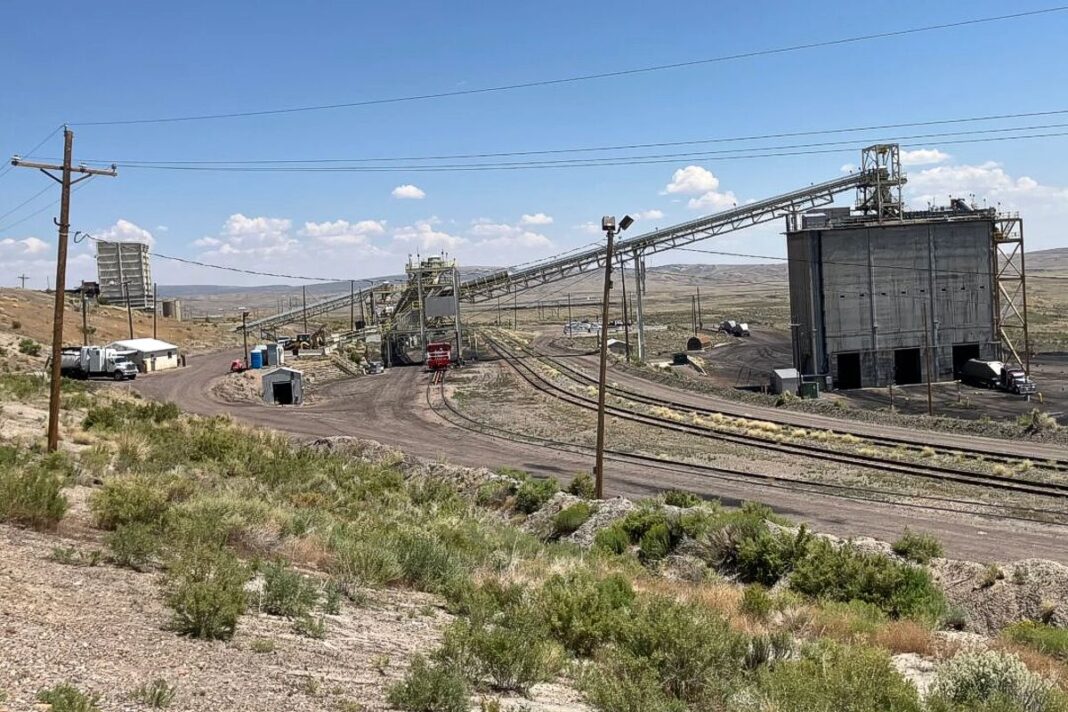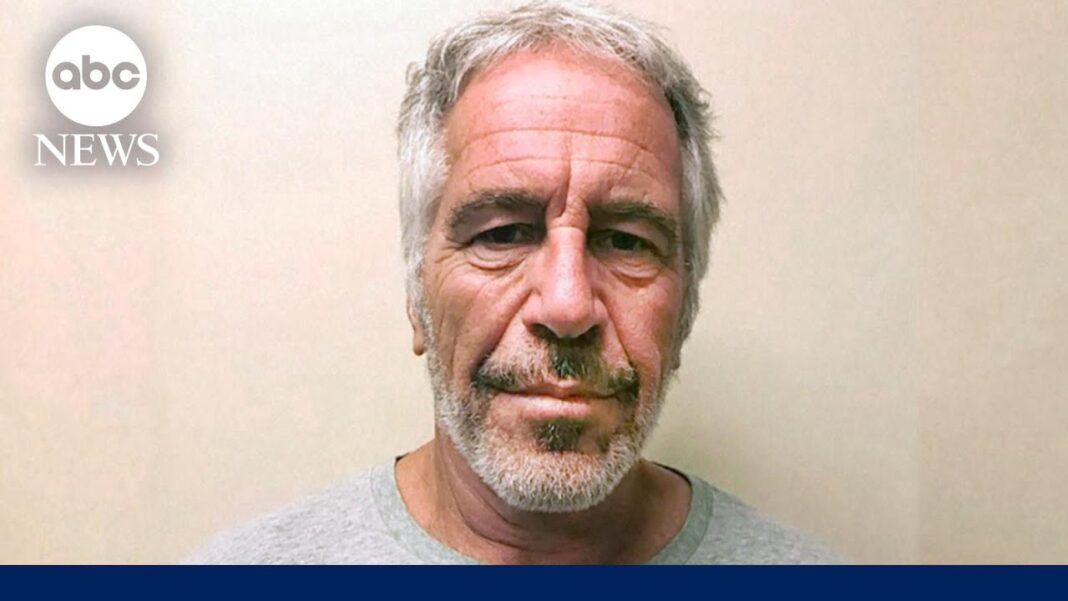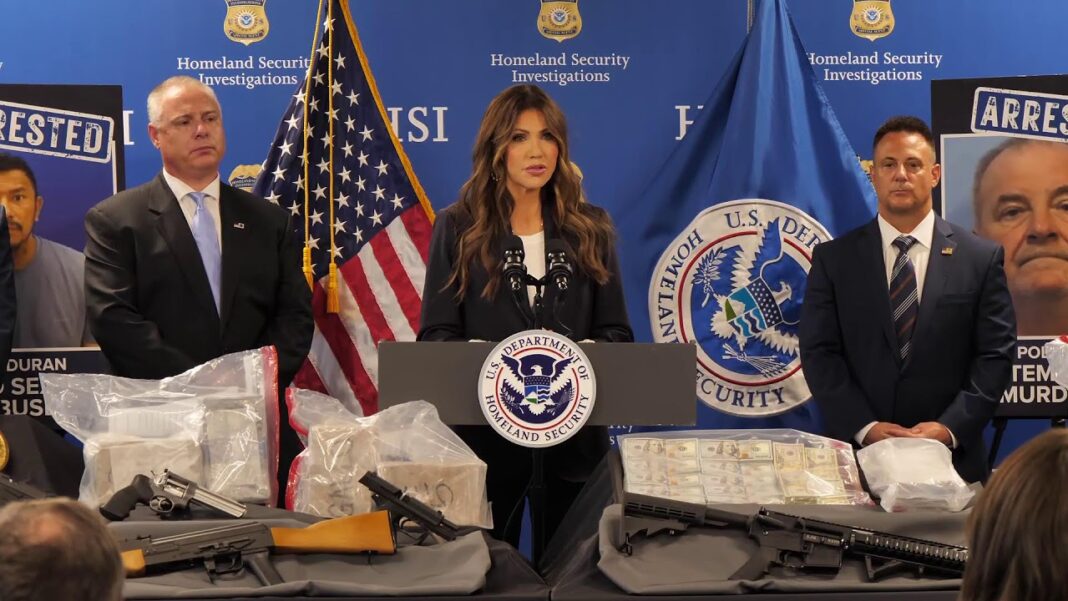Reactor developers are calling on lawmakers to trim permitting, revise siting rules, expand workforce programs, and de-risk investment by courting partnerships.
BOSTON—Congress this decade has passed bipartisan bills chiseling back regulatory and financial hurdles hampering nuclear reactor development, such as 2024’s ADVANCE Act, while President Donald Trump in May issued four executive orders aimed at quadrupling the nation’s nuclear energy capacity by 2050.
Unless states follow through with reciprocal urgency, little of this federal momentum will matter beyond the Beltway, nuclear energy experts and industry leaders warn.
The good news is “states are taking action,” Nuclear Energy Institute Executive Director of New Nuclear Marc Nichol said during a first-day panel presentation at the Aug. 4–6 National Conference of State Legislatures 2025 Summit in Boston.
The bad news is, despite 25 states adopting nuclear energy-related bills in 2024 and more than 200 measures introduced in state houses nationwide in 2025, the legislative pace must quicken and be tailored to curry actionable commitments from reactor developers and energy corporations, he said.
To meet the president’s goal of adding 10 new reactors to the 94 in 54 nuclear power plants now operating in 28 states by 2030, legislatures must foster a “conducive regulatory environment” and “incentivize” venture interest, the panel, moderated by Dominion Energy Vice President for Nuclear Engineering and Fleet Support James Holloway, said.
That includes streamlining permitting, revising siting requirements, expanding workforce programs, and “de-risking” up-front investment by aggressively orchestrating collaborative partnerships, panelists said.
But first things first, GE Vernova Hitachi Nuclear Energy Global Government Affairs Leader Adam DeMella said.
Some lawmakers see the unfolding “nuclear renaissance” as a competition between states to “dominate nuclear energy,” a provincial insularity incongruous with how the nation’s integrated interstate electricity grid works, he said.
“Let’s, instead, think regionally. How do we work together? How do we support all the things we need to bring better energy to market?” DeMella said. “Electricity doesn’t know where it was made.”
By John Haughey








